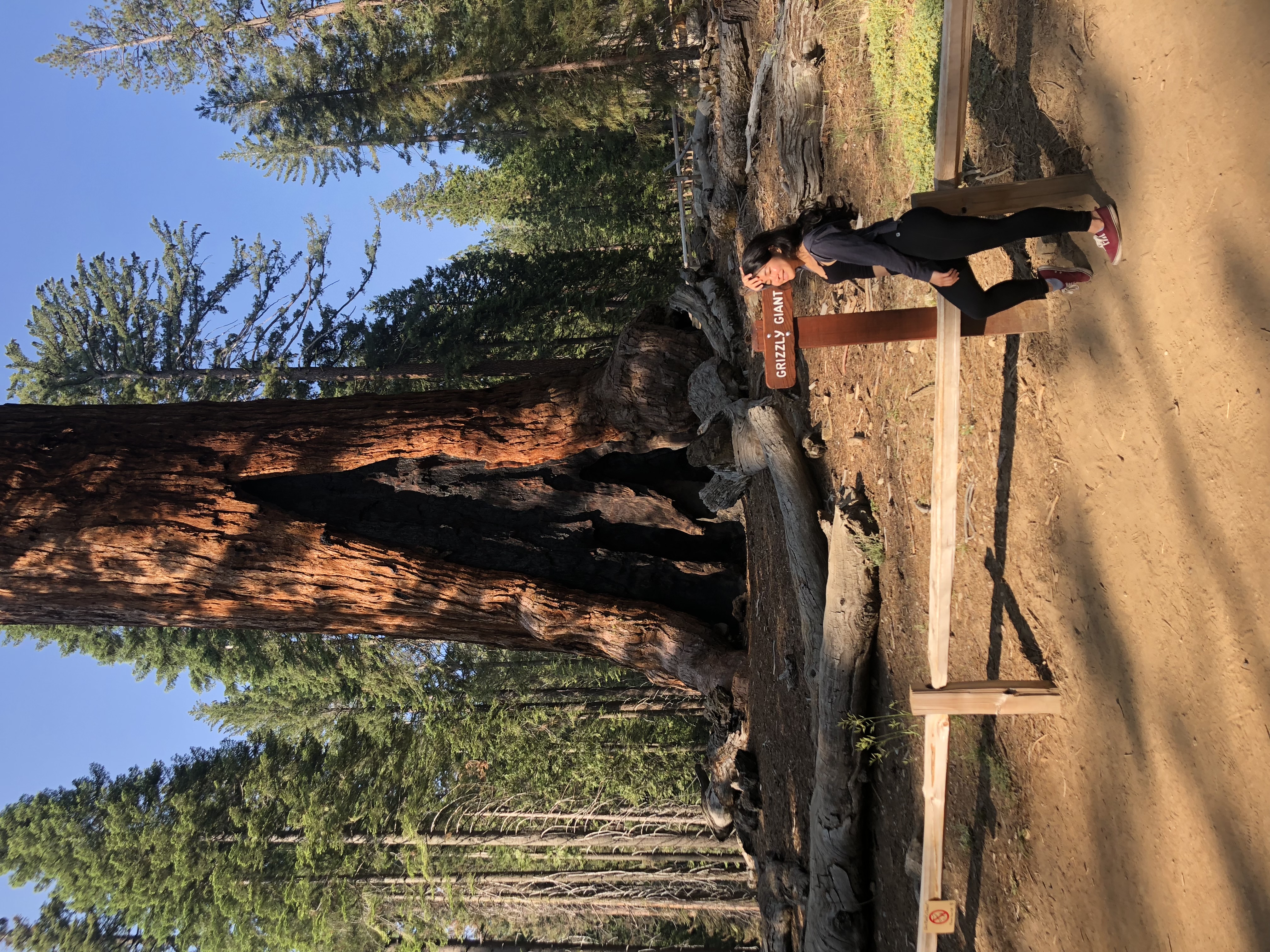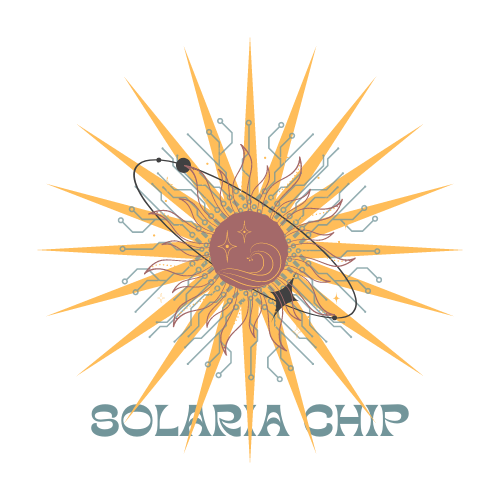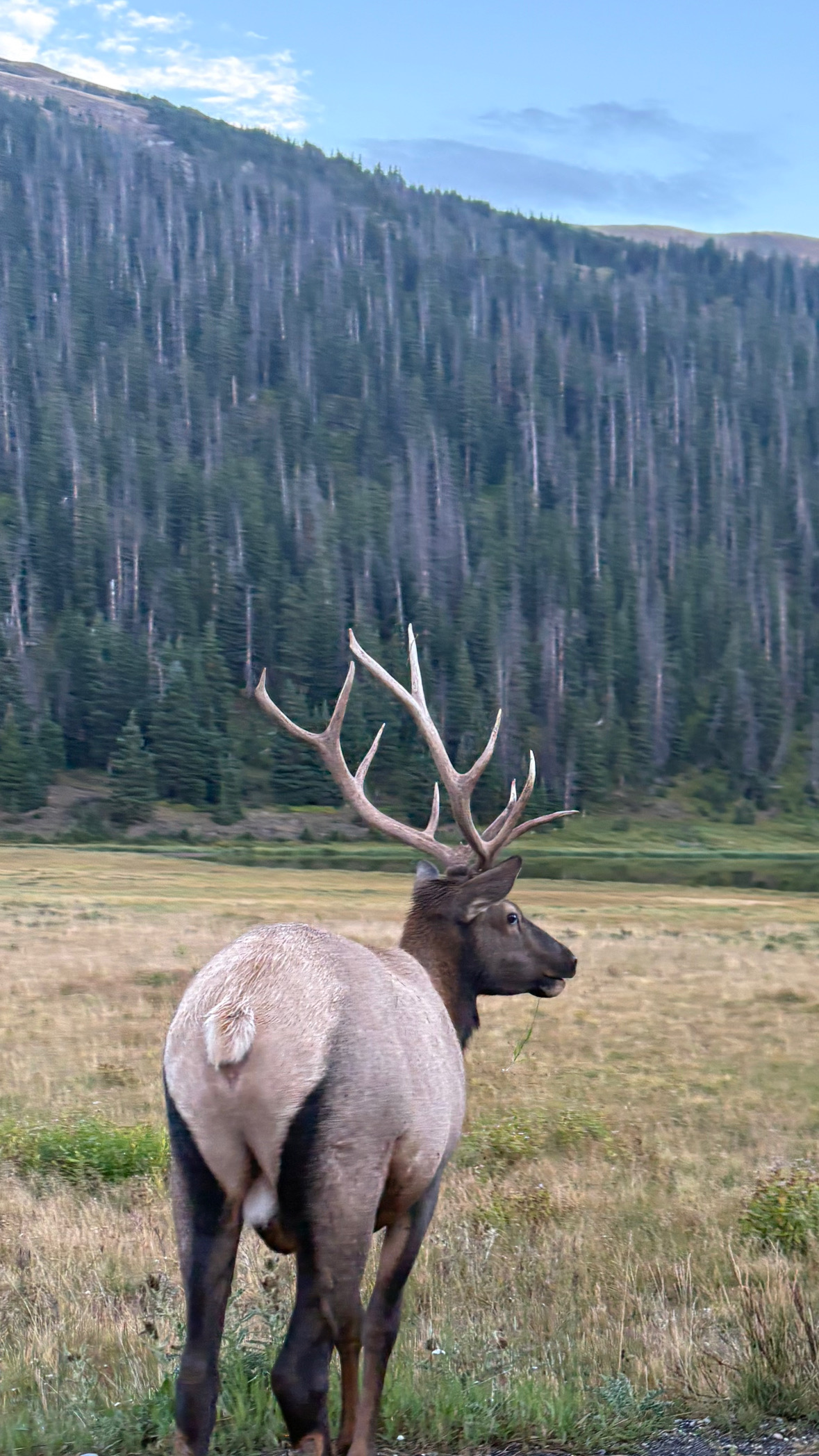The Call to Nature
Americans witnessed the metamorphosis of mountains, crossed verdant meadows and constellations of ancient trees, reveled in nature’s mathematically tantalizing fractals, only to culminate in confining themselves to the recesses of capitalism and since last year, the intimations of oligarchy. The very roots of politics synthesized to discern freedom from tyrannies, yet contemporary America traverses backwards and into the disenfranchisement and deconstruction of individual liberties. Since this seize, the Trump administration quickly targeted public welfare and environmentalism, including the National Parks Service (NPS) by slashing its budgets, staffing, while invasively implementing the erasure of its inconvenient facets of history.
“For over a hundred years, National Park Service rangers have brought American history to life, and the American people deeply respect their work. Rangers should be able to talk about the history of Japanese American incarceration at Amache, or the history of slavery at Fort Monroe, without looking over their shoulders in fear. If our country erases the darker chapters of our history, we will never learn from our mistakes.” - Theresa Pierno, National Parks Conservation Association CEO
Over a century ago, the NPS was established as a federal institution to “conserve the scenery and the natural and historic objects and the wild life therein and to provide for the enjoyment of the same in such manner and by such means as will leave them unimpaired for the enjoyment of future generations” (Organic Act, 1916). Another century before in 1819, American poet and essayist Walt Whitman sowed the seeds of the first generation of children born synchronously during the birth of a nation. Whitman revolutionized American poetry and earned the title “the father of free verse”. I interpret this accomplishment as not only the liberation from the rhyme and meter, but also as a celebration of the vitality of American spirit proliferated in his collection of self-published works, Leaves of Grass.
In his first poem titled “Song of Myself”, Whitman intertwines his relationship with nature as an individualized experience to a blade of grass, but that which embodies and unites all divine forms.
“I celebrate myself, And what I assume you shall assume, For every atom belonging to me as good belongs to you.
The poetic “I” praises life—articulating one’s deep appreciation to exist in the now, connected to the aggregate of every being across space and time.
“I exist as I am, that is enough, If no other in the world be aware I sit content, And if each and all be aware I sit content. One world is aware, and by far the largest to me, and that is myself, And whether I come to my own today or in ten thousand or ten million years, I can cheerfully take it now, or with equal cheerfulness I can wait. My foothold is tenoned and mortised in granite, I laugh at what you call dissolution, And I know the amplitude of time.”
And I also encompasses us all: you reading this at this exact moment, Stone (my lovely cat), the felled tree from which this wood was crafted into a table I write from, the glaciers and mountains and the Sun rising against them to warm the skies and spawn plumes of clouds at the end of the summer sky.
“If I worship any particular thing it shall be some of the spread of my body; Translucent mould of me it shall be you, Shaded ledges and rests, firm masculine coulter, it shall be you, Whatever goes to the tilth of me it shall be you, You my rich blood, your milky stream pale strippings of my life; Breast that presses against other breasts it shall be you, My brain it shall be your occult convolutions, Root of washed sweet-flag, timorous pond-snipe, nest of guarded duplicate eggs, it shall be you, Mixed tussled hay of head and beard and brawn it shall be you, Trickling sap of maple, fibre of manly wheat, it shall be you; Sun so generous it shall be you, Vapors lighting and shading my face it shall be you, You sweaty brooks and dews it shall be you, Winds whose soft-tickling genitals rub against me it shall be you, Broad muscular fields, branches of liveoak, loving lounger in my winding paths, it shall be you, Hands I have taken, face I have kissed, mortal I have ever touched, it shall be you. I dote on myself . . . . there is that lot of me, and all so luscious.”
Whitman expresses an intimacy with himself and the earth, coursing through the veins of lands that binds everyone together as one living, sympathetic unit. Nature is an affirmation of the existence of all life, transcending across generations and events.
“I bequeath myself to the dirt to grow from the grass I love, If you want me again look for me under your bootsoles.”
In another century after Whitman returned to the soil, conservation efforts by Rachel Carson heralded the modern environmental movement during the second Industrial Revolution. Mutually these writers bore words to bleed into the very material of our philanthropic yet voiceless cohabitants; the trees and leaves of (sweet)grass.
Potawatomi biologist Robin Wall Kimmerer navigates the relationship between the land and humans through her Native American knowledge and her perennial experience with land stewardship. In her book Braiding Sweetgrass, science and spirituality joins hands with the Indigenous experience as a guide to our Earth and how to cherish its gifts for ours and future generations. As animals we must take from the land–we cannot photosynthesize as the plants do. But we must exercise reciprocity, respect, and gratitude that is the foil to the Western perspective of resource expropriation. Kimmerer adeptly weaves anthropological stories that focus on communal efforts to take care of nature such that it will keep providing us with the salmon we fish, herbs that remedy us, and trees that purify the air we breathe.
“Plants are also integral to reweaving the connection between land and people. A place becomes a home when it sustains you, when it feeds you in body as well as spirit. To recreate a home, the plants must also return.”
Viewing and truly understanding nature solely under a scientific lens remains an inadequate modus operandi; we must conduct a reevaluation and find ways to return to the roots amidst rapid human development.
“We need acts of restoration, not only for polluted waters and degraded lands, but also for our relationship to the world. We need to restore honor to the way we live, so that when we walk through the world we don’t have to avert our eyes with shame, so that we can hold our heads up high and receive the respectful acknowledgment of the rest of the earth’s beings.”
Today, we allow these lands to wither away. We wage wars and commit unfathomable crimes to steal territories on the basis of hegemony and exclusion through privilege, all the while global temperatures rise, a foreboding decline in the average size of wildlife populations and habitat loss, mismanagement of climate policy by world leaders and erroneous reports, and mass ecocide.
Last week for NPS’s 109th birthday, I traveled to Colorado’s Rocky Mountain National Park and experienced Whitman’s sense of freedom, paralleled by Kimmerer’s evocation of ecological abundance. I grew up alongside the American wilderness since immigrating to the U.S., and my identity is threaded between the trails, creeks, and wild blackberries I’ve plucked from the soil. Within days of touching down in California, my family took me on a trip to Yosemite National Park. Since then, I’ve crossed over 30 state borders to witness its expansive and diverse parks: from vast Yellowstone, to Grand Canyon shrouded in snow, all the way to Shenandoah in peak fall, and back across Saguaro to Sequoia, stargazing in Joshua Tree, Lassen, conducting geological research at the Pinnacles for class, exploring Hawai’i’s Volcanoes, and soon to Mt. Rainier where Carli lives. I’m incredibly fortunate to be able to constantly draw myself back to my roots and answer nature’s call for help under these threats, and as such we must be the collective voice for the beautiful and solemn silence of the woods and grass.

books nature philosophy 
